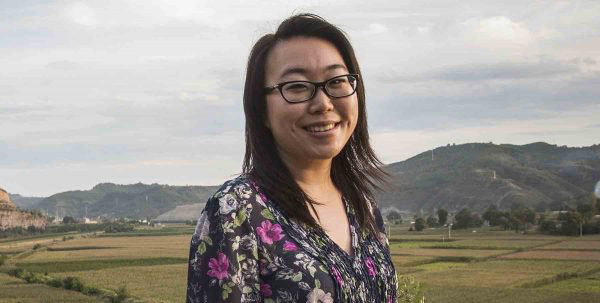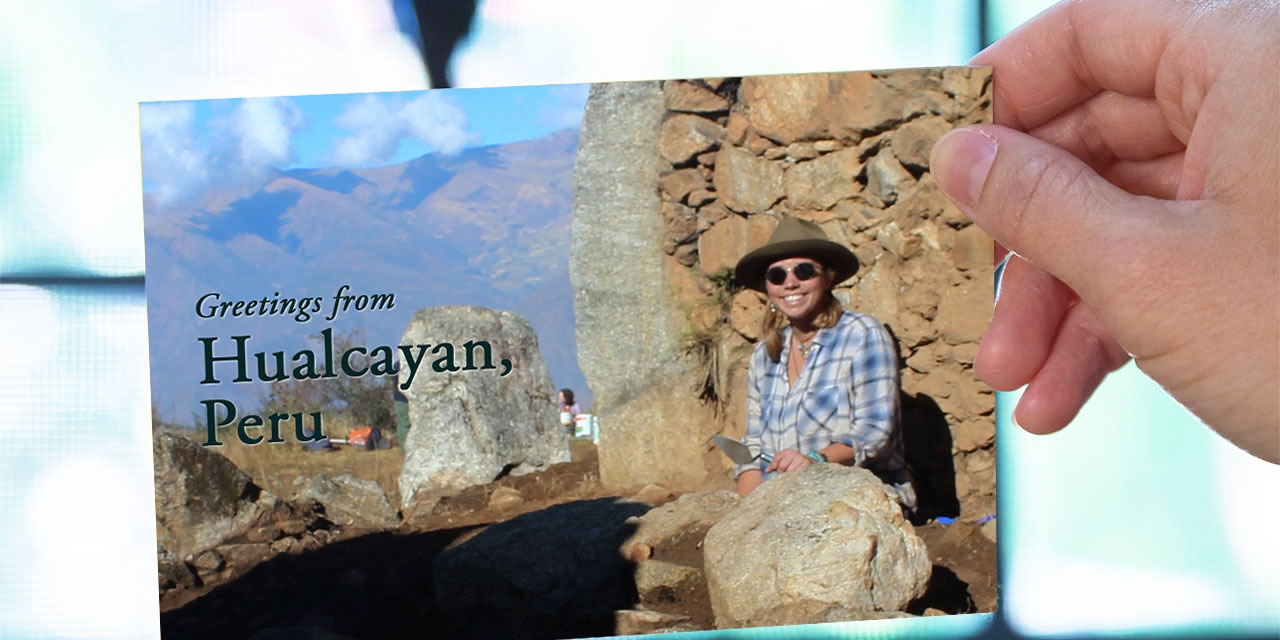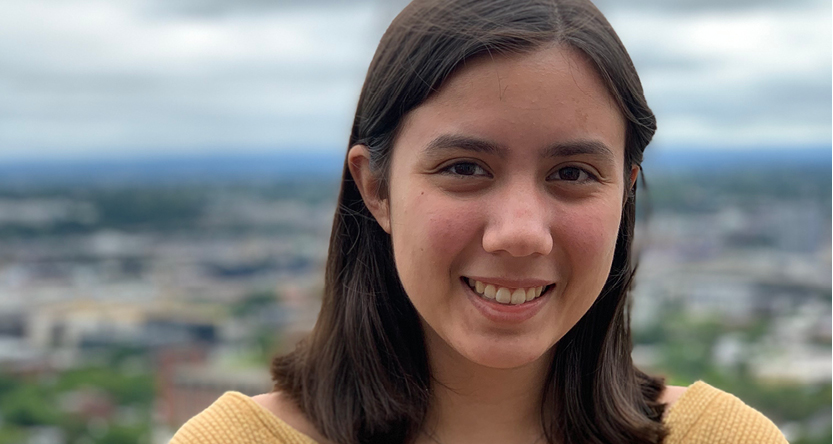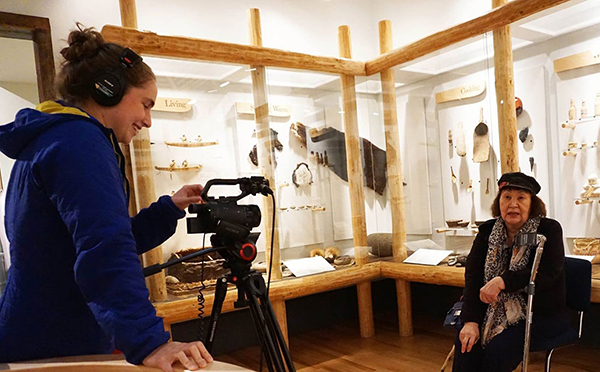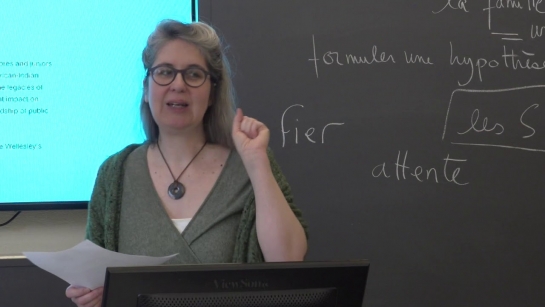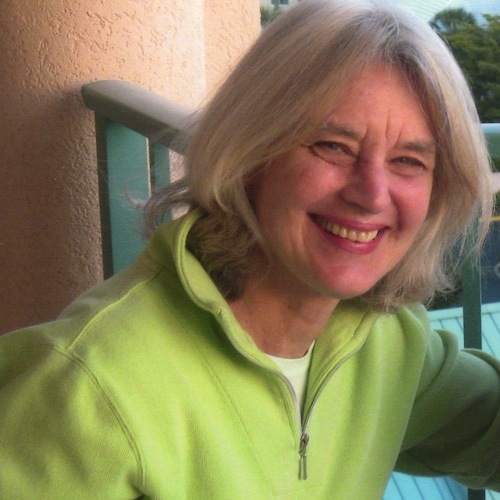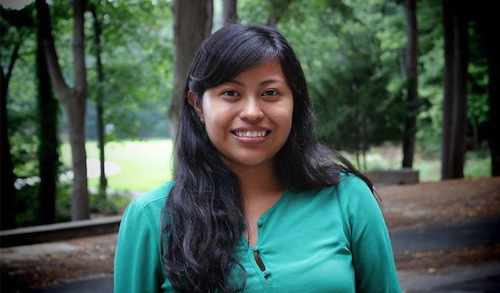Learn About Careers in Life Sciences
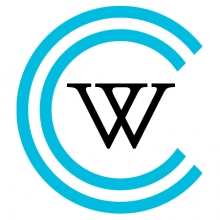
A career in the life sciences can include a broad range of companies, organizations, and foundations concerned with the study of living organisms, including biological sciences, botany, zoology, microbiology, physiology, biochemistry, and a number of related subjects. Employers may include biotechnology & pharmaceutical companies, academic institutions, healthcare organizations, foundations, and federal agencies. Most of the information on this page concerns non-patient facing options but there are opportunities to create career paths that merge patient and non-patient settings.
“I’m glad I decided to pursue Fulbright. It gave me an opportunity to share my unique experience as an immigrant and first-generation college student, not only with my Chinese colleagues, but also with other international students at Northwest University, who rarely meet Chinese Americans.“
“Under the Andean sun, we excavate the site that shows evidence of occupation for nearly 3,000 years.”
Resources for Students & Alumnae of Distinct Populations (Preparing to Apply to Health Profession Schools)
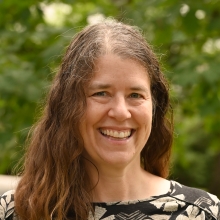
A crucial topic in healthcare today is how to eliminate inequities in the quality and availability of medical care for ethnic, racial, social, and economic minorities. There is an urgent need to increase both the diversity and cultural competence of our health care workforce. Learn about resources for underrepresented students and alumnae across distinct populations.
“I’m incredibly grateful for the opportunity to build community with other like minded people across the country who are dedicated to working on the same kinds of issues that I am.”
Learn About Careers in Public Health
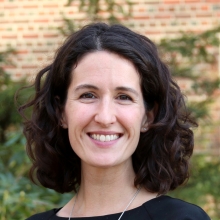
Public health is a wide ranging, interdisciplinary pathway with the goals of protecting and improving the health of individuals, families, communities, and populations at local and global levels.
“I grew up listening to public radio and I’ve always enjoyed stories, so I’m looking forward to learning about how storytelling and journalism function in a different continent.”
Computer Science and Technology

If you are interested in using your technical knowledge, creativity, problem-solving, and critical thinking skills in your career of choice, exploring opportunities in technology, and software engineering-related industries and sectors may be of interest to you. These industry areas are growing and innovating rapidly – opportunities that are unheard of today may be top options in a few years. Broadly speaking, employment in computer and information technology occupations is projected to grow 15 percent from 2021 to 2031.
Computer science at Wellesley encompasses the broad application and theory of ideas relating to hardware and software. As an outcome, those studying computer science should leave with a broad understanding of how computing and technology applications work so that they can build computer applications of the future. Since technology is present in any and all industries and disciplines, the application of technical knowledge can be found in numerous career opportunities.
Physical Sciences

The physical sciences, as a branch of natural science, focuses primarily on the study of non-living systems. However, just as these areas of study are broad, the physical sciences intersect with a wide range of career opportunities, which can be found in the private sector, in education and academia, and in all levels of government.
Resources for International Students

Navigating the college experience can be a complex affair, particularly if you are entering Wellesley from another country. The first stop for you is the Slater International Center, as they will serve as your most important resource at Wellesley. In addition to what Slater has to offer, you will find below some additional career resources.
A Brief Introduction to Fellowships and Scholarships

Fellowships and scholarships offer funding to support a range of purposeful activities, including undergraduate research, language study/other study abroad, self-designed projects, teaching and service, graduate or professional study, or even internships and professional placements. They can open doors for you to things you might not be able to pursue otherwise.
There are opportunities for students and graduates of every nationality and at every stage of their careers. What might be the right fit for you?
Ronald E. McNair Scholars Program at Wellesley College (sophomores and juniors)

The McNair Scholars Program is a federal TRIO program funded at 187 institutions across the United States and Puerto Rico by the U.S. Department of Education. McNair participants are first-generation college students with financial need, and/or members of a group that is traditionally underrepresented in graduate education and have demonstrated strong academic potential. The goal of the McNair Scholars Program is to increase graduate education for students from underrepresented groups. At Wellesley, the McNair Scholars Program is STEM focused, and applications are typically due in November each year.
“Listen to your heart and use your head. Math and science ignited my imagination for as far back as I can remember.”
ROTC at Wellesley
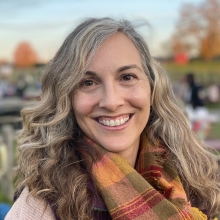
The Reserves Officer Training Corps (ROTC) is a college program that prepares students to become commissioned officers in the United States Armed Forces. The ROTC curriculum is pursued at the same time as your Wellesley College courses, and is focused on leadership development and career training.
Wellesley offers students the opportunity to join the Army and Air Force ROTC programs. Both programs are hosted by the Massachusetts Institute of Technology...
Study Abroad: Government, International Affairs, Law, & Public Policy Careers

Students interested in careers in government, law, international affairs, and public policy are encouraged to focus on skill development and experience. This is especially important as employers, and graduate programs in this space continue to look for commitment to understanding these industries. Below please find suggested study abroad experiences that help develop specific skills and experiences to help be competitive in these industries.
“I was motivated to fight for environmental justice in my community after hearing about the respiratory illnesses that many children were diagnosed with as a result of the environmental contamination we live with.”
Technology Internships for First Years and Sophomores

While it is true that many internship opportunities are geared towards students in their junior year, an increasing number of companies are creating first-year and/or sophomore-focused internship programs. Please note that this is certainly not an exhaustive list, and there are a number of additional companies that may not have first-year/sophomore specific programs, but that are first-year/sophomore-friendly.
Science Research

Participating in research experiences as an undergraduate is an excellent way to add depth to your science understanding and actively engage with what you are learning in the classroom. By doing so, you further develop your laboratory, analytical, and problem-solving skills, and you start to build your network with faculty members. Research experiences are valuable components to your resume, and they can make you more competitive for both graduate school and industry opportunities.
Physics

The contemporary study of the physical universe encompasses systems ranging from the microscopic — atoms, nuclei, and elementary particles, to the very large — planets, stars, and galaxies, and the Wellesley Physics department introduces students to the study of all that falls along that spectrum. Since physics covers such a broad band, students of physics develop concrete and transferable skills that can be applied in a number of different settings — academia, industry, research, government, nonprofits, and more.



